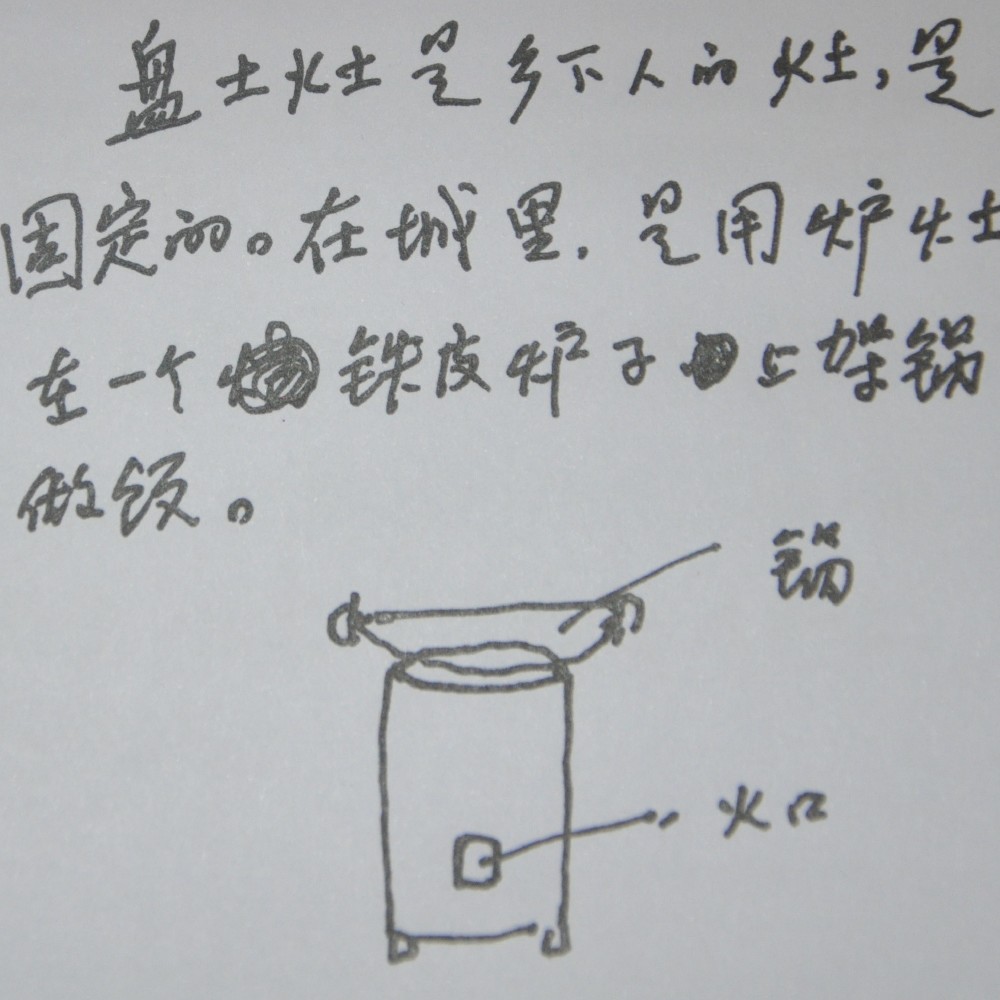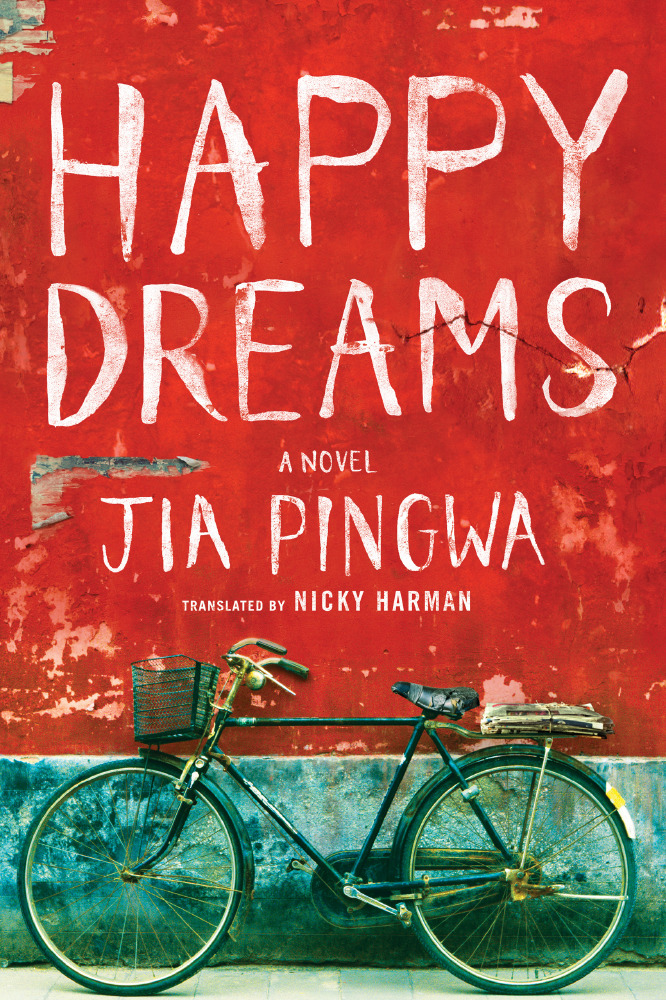I’m a literary translator from Chinese. Give me a novel or a story, an essay or a poem, and I’ll turn it into English. I’ve been doing it for twenty years and it’s the best job I’ve ever had.

Nicky Harman
My latest translation, “Happy Dreams”, by Jia Pingwa, (Amazon Crossing, October 2017) is about Happy Liu, a migrant worker who moves to the big city taking with him only his best friend Wufu and a pair of high-heeled women’s shoes he hopes to fill with the love of his life
My authors often become good friends. (Thankfully, the twenty or so I’ve translated are mostly still living.) In my experience, they’re incredibly helpful and patient in answering my questions about their stories, and the people and places in them. I usually meet them face-to-face at some point, but most of our communication is by email; so, when I needed to know the kind of cooker Happy Liu used, in Happy Dreams, Jia Pingwa sent me a hand-drawn sketch, which told me immediately what he was talking about.

As a translator I have a double duty: to do my best for the author, and to make her or his story work for the reader in English. It’s a kind of balancing act.
I feel a bit like a chameleon, taking on the “colours” of whichever author I’m working on, and reflecting their writing style in English in the best way I can.
Sitting in front of the computer takes up only part of my working day. I spend a lot of time recommending new and exciting (translated) books to readers, in bookshops, at literary festivals, on the radio, anywhere…
Some classic translations are so much part of our culture that we’ve forgotten they originated in another language, like the Bible, or the stories of Hans Christian Anderson.
Translations of novels are a window on new worlds. Whether you’re a reader or the translator, they take you places you’ve never been, and inside the heads of people you’ll never meet. But I’m aware that readers can be cautious about embarking on a long novel translated from a language and culture they know nothing about. So two years ago, a group of us translators posted a series of free-to-view short stories from Chinese online on Paper Republic, to encourage new readers to dip a toe in the water and get a feel for contemporary Chinese writing.
And here are the answers to two questions I’m most often asked. Do you translate from Mandarin or Cantonese? Answer: Both, and any other dialect of Chinese. Although they’re as different as separate languages, they share a common written form so I can translate them, even though I only speak and understand Mandarin.
Do you interpret? No, translating and interpreting are two different skills, I only work from the written page.


